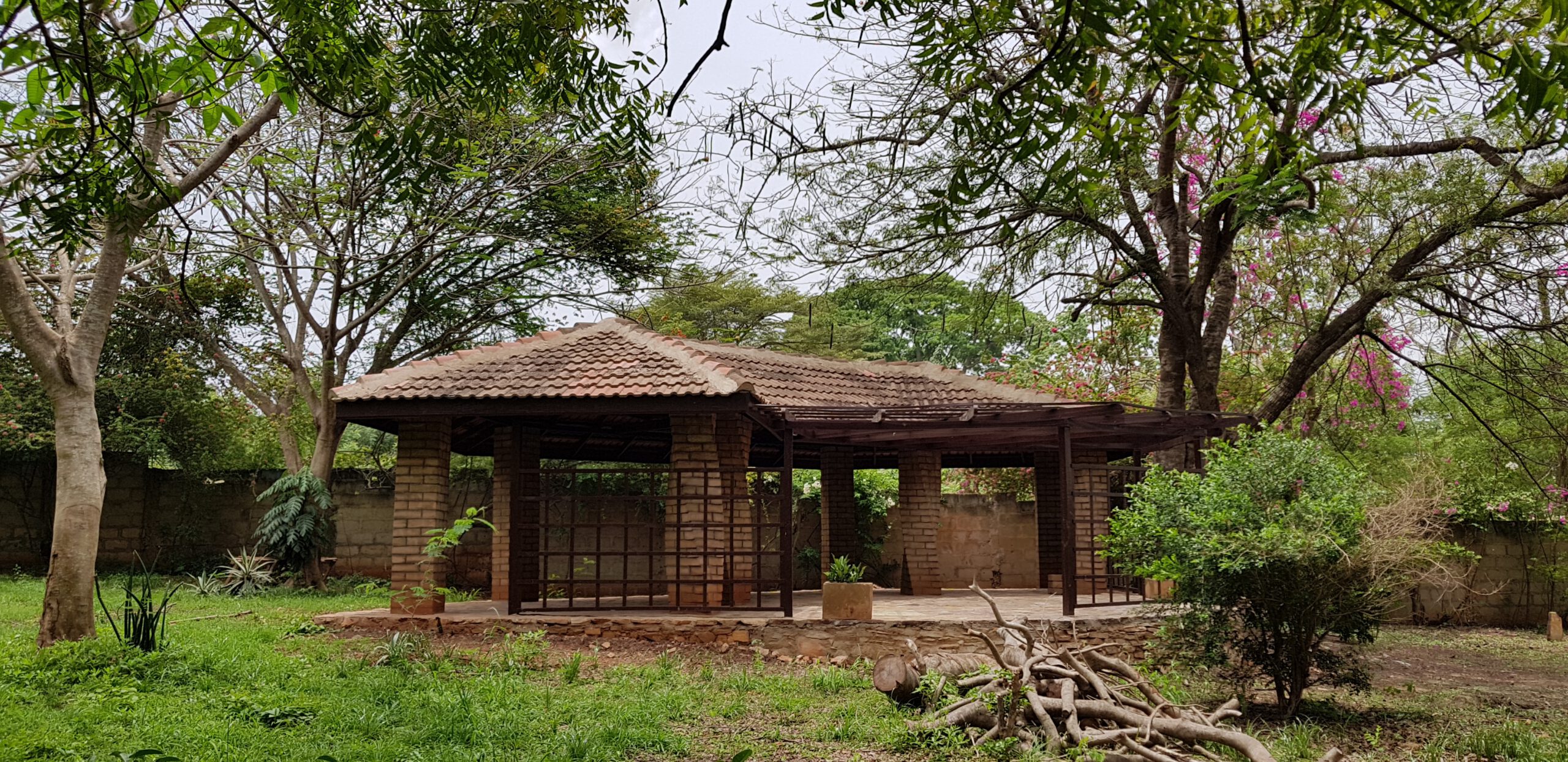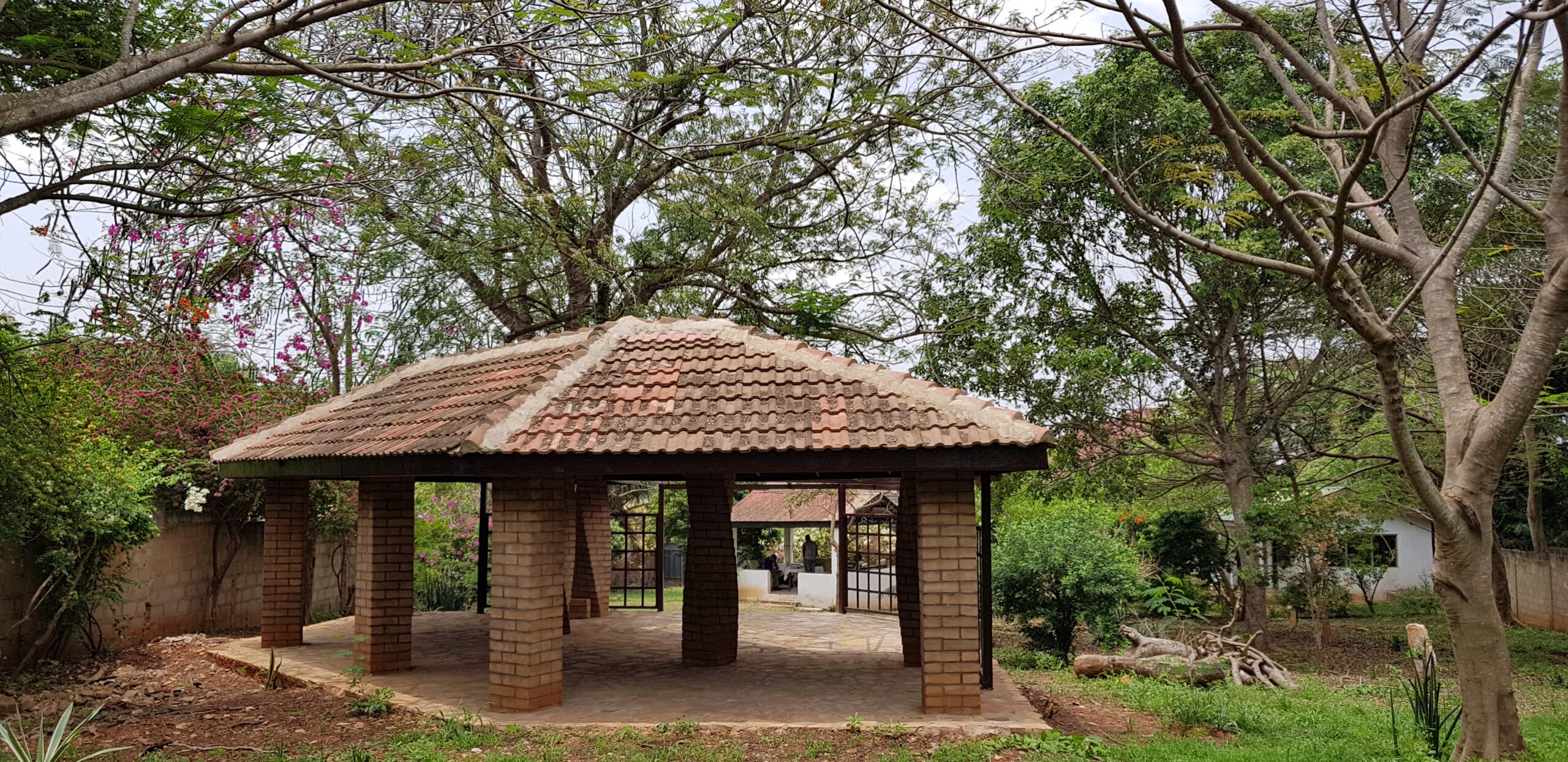George Fox, 1623-1691 was the lead founder of Quakerism. George Fox's life can be broken into three main stages
Quakers are also known as the Religious Society of Friends, or simply ‘Friends’ (after Jesus saying “You are my friends if you do what I command you.” in John 15:14). There are about 300,000 Quakers (Friends) worldwide. The largest groupings are in Kenya, Britain, North America, and Bolivia, but they can be found on every continent.
The fundamental idea of Quakerism – articulated then and still central – is that there is something of God in everyone. It may be hard to see, but it is there. We have no standard definition of what we mean by ‘something of God’: we use metaphors like the light guiding us, or a sense of what is good and right. This idea is not unique, but for us it is the central idea.
The fundamental idea of Quakerism – is that there is something of God in everyone.
- There is something of God in everyone.
- We should listen to the prompting of God within us for daily guidance.
- The divine nature within us requires cultivation through silent “expectant” worship, and daily living aligned to our values.
- There is no intermediary between us and God because God is within us.
- The bible is not considered to be the final word as God is guiding us all the time.
The core belief of Quakers is that we all can have a direct experience of God through an “inner revelation”. This belief emphasise that individuals do not need priest or formal rituals to have a personal relationship with the divine.
Inner light:
Gods presence, resides within every individual offering guidance and spiritual insight.
Direct relationship with God:
Quakers emphasis the “Inner light” means that this direct experience of God is accessible to everyone regardless of social standing or education
Equality of all people:
Quakers reject hierarchical structures within religious institutions advocating for the spiritual equality of all people regardless of gender, social class or background.
Pacifism and Social Justice:
Quakers believe that violence contradicts the divine light within individuals and therefore they are committed to non violence.
Integrity and truth:
Quakers emphasise honesty, simplicity and social activism living a life of integrity and truth, aligning ones actions with ones beliefs.
Rejection of formal rituals:
Quakers reject many of the established religious rituals and practices such as paying tithes, taking oath, and bowing to authority figures. Quakers hold that these practices are superficial and do not reflect genuine spiritual experience.


